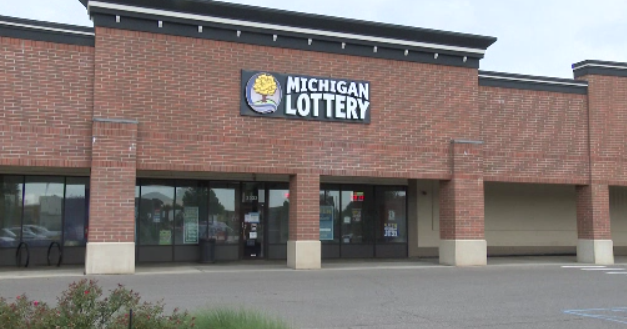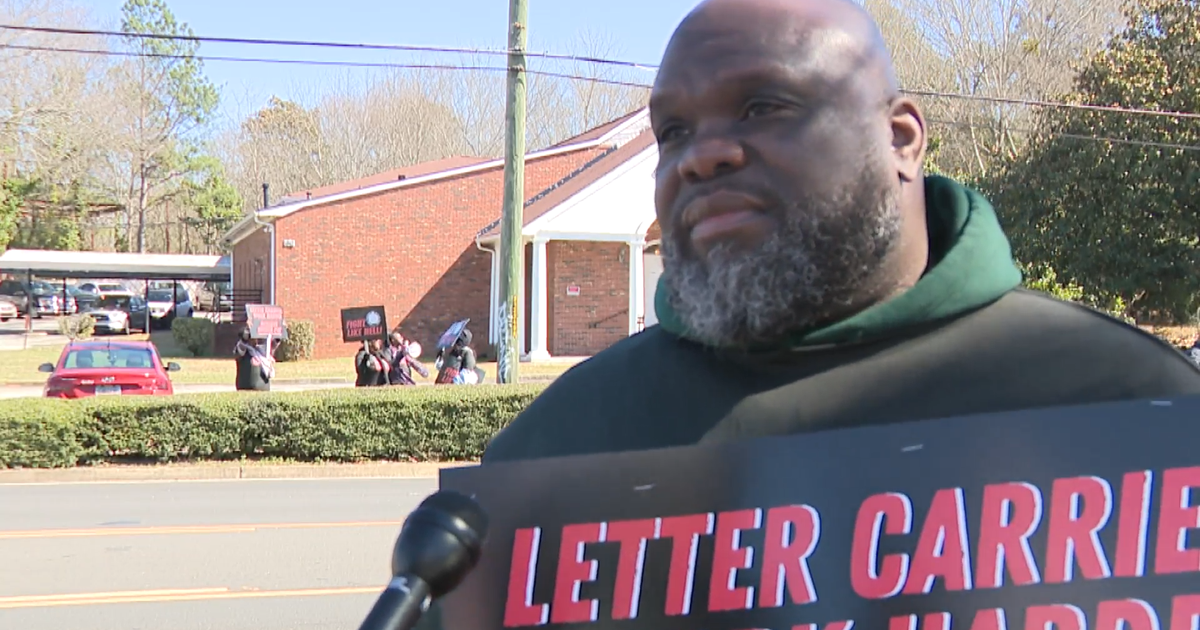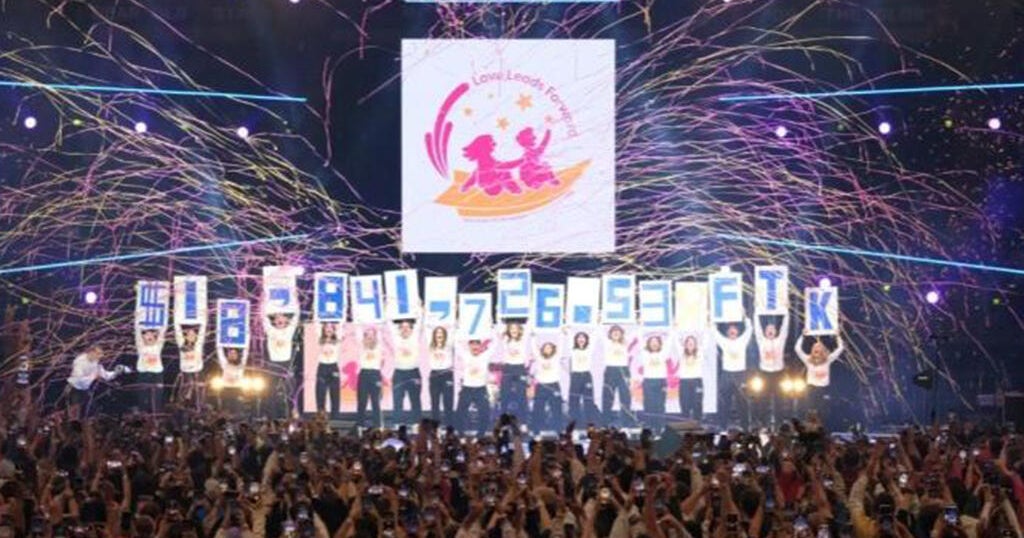House Gets Win In Florida Lottery Contract Fight
Follow CBSMIAMI.COM: Facebook | Twitter
TALLAHASSEE (CBSMiami/NSF) -- A Leon County judge handed House Speaker Richard Corcoran a major victory on the first day of the 2017 legislative session, saying a ticket-sales contract signed by the Florida Lottery violated state law.
Gov. Rick Scott quickly promised to appeal the ruling.
The ruling, by Circuit Judge Karen Gievers, came one day after employees of the House and the lottery testified in a hearing aimed at resolving the clash between Corcoran, R-Land O' Lakes, and the agency controlled by Scott.
At the center of the dispute, which pits two of the state's most powerful Republicans against each other, is a long-term contract between the lottery and IGT Global Solutions Corp. The House argues that the contract is illegal because it would spend more money on ticket sales than the Legislature has previously approved for that purpose.
The lottery countered that the contract specifically says IGT will only get its full payments if the Legislature approves the spending.
In her ruling, Gievers agreed with the House that the contract didn't meet the requirements of state law.
"As a result, the lottery secretary lacked the legal authority to enter into the IGT contract, which must therefore be found to be void and unenforceable," Gievers wrote.
In a statement issued by his office following the decision, Scott said the ruling could endanger funding for education.
"The Florida Lottery continues to make record contributions to our public schools and today's ruling jeopardizes billions of dollars for Florida students," he said. "I strongly disagree with today's decision and we will appeal."
The decision came hours after Corcoran confidently told House members that he believed Gievers would decide in his favor.
"That trial was (Monday), and I can assure you, we will win," Corcoran said in a speech marking the opening of the 60-day legislative session.
The conflict was sparked by a change in how IGT would be paid as opposed to the way a predecessor company was paid under an earlier contract. The company that held that contract was folded into IGT.
In the past, the lottery paid a fixed amount to essentially lease each machine. Under the new deal, IGT will get a slice of the sales of tickets, machines and other services. Based on projected sales, that would boost the amount the lottery needs to pay for the contract by $12.9 million in the budget year that begins July 1, according to the House.
In Monday's hearing, Michael Manley, the agency's deputy chief of staff, said the new arrangement was aimed at trying to maximize the profits of the lottery, which helps fund education in the state.
"First and foremost, (Florida law) says we should behave like a business, and that was a business decision move," Manley said under questioning by Barry Richard, an outside lawyer representing the agency. "But probably more importantly, it was in response to the concerns that we perceived that the Legislature had on the cost on the actual price per unit rental fees."
But legislative staff members testified that the contract circumvented the usual way that agencies get contracts approved. And they dismissed the agency's defense that its clause saying the contract was contingent on funding from the Legislature shielded it from legal challenge.
"The News Service of Florida's Brandon Larrabee contributed to this report."







